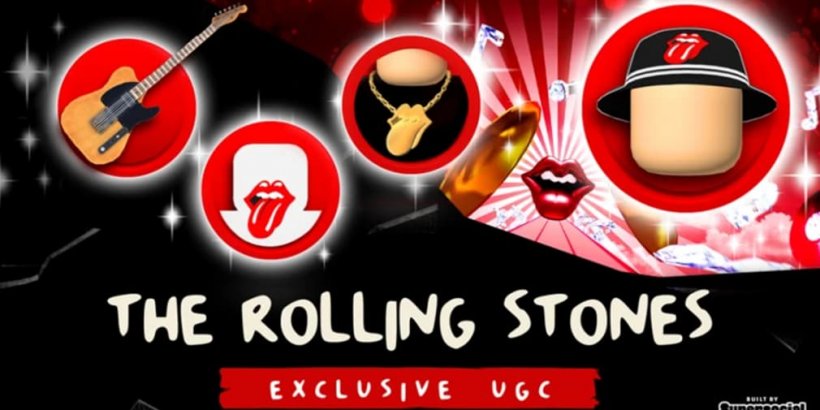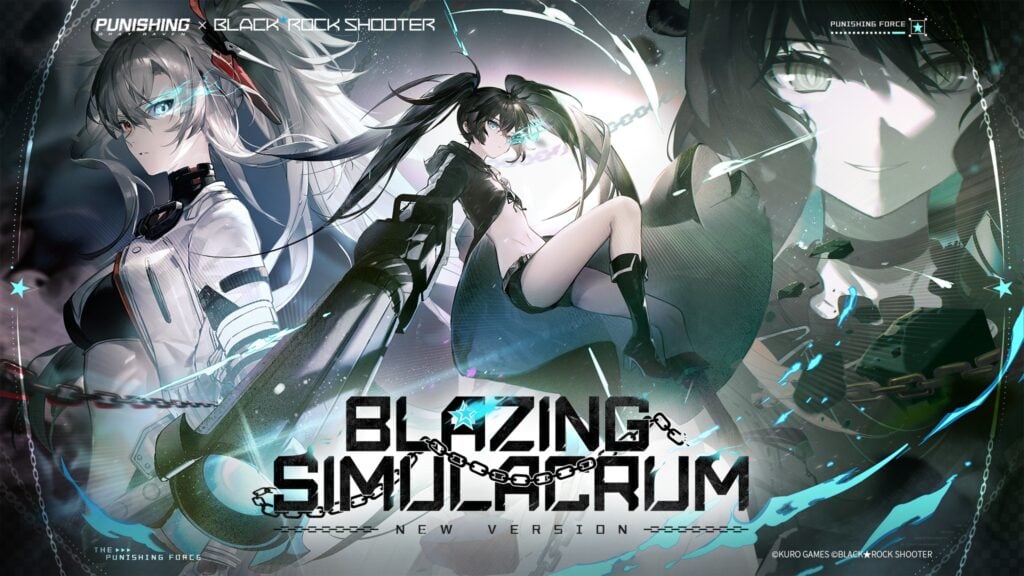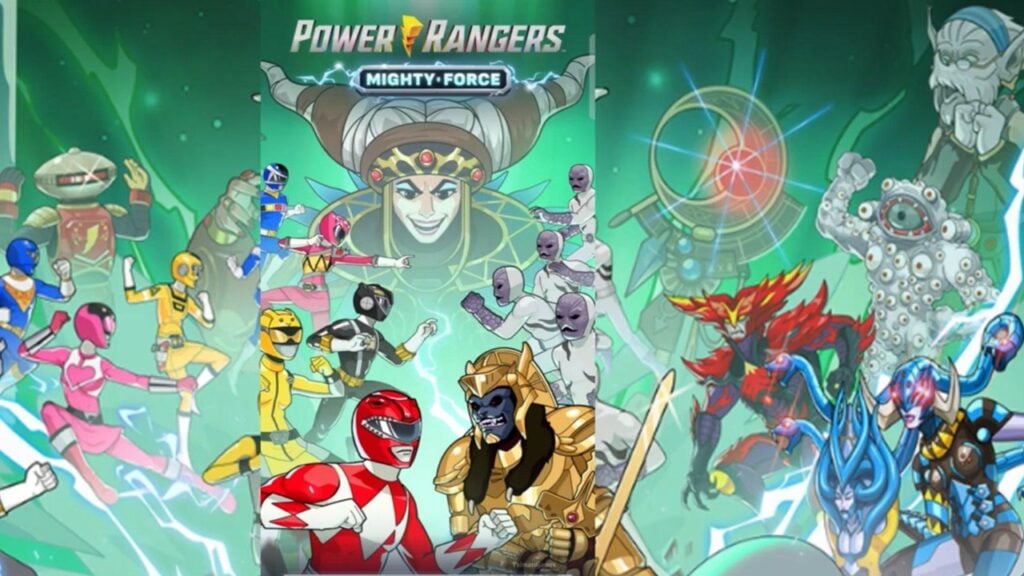VAC Divides: Steam's Anti-Cheat Measure Under Scrutiny

Steam's new anti-cheat disclosure policy sparks debate. Valve has mandated that developers clearly state whether their games utilize kernel-mode anti-cheat systems on the Steam store page. This move follows feedback from both developers seeking clearer communication and players demanding greater transparency regarding anti-cheat software.
The updated Steamworks API now includes a field for developers to indicate their game's use of anti-cheat technology. While disclosure for non-kernel-based systems remains optional, kernel-mode anti-cheat implementation is mandatory. This addresses concerns about the potential impact of such systems on player privacy, security, and system performance. Kernel-mode anti-cheat operates at a low system level, directly examining processes, unlike traditional methods that analyze in-game activity.
Valve's announcement, published on October 31st, 2024, aims to improve communication between developers and players. The company stated that this change fulfills requests for more information on anti-cheat services and associated software installations. The updated Steam store page for Counter-Strike 2 now prominently displays its use of Valve Anti-Cheat (VAC) as an example.
Initial community response is mixed. While many applaud Valve's pro-consumer approach, some criticize minor issues like grammatical inconsistencies in the display and question the clarity of the wording used. Furthermore, practical questions remain regarding language translation of anti-cheat labels and the precise definition of "client-side kernel-mode" anti-cheat. The ongoing debate surrounding the invasiveness of kernel-mode anti-cheat persists. Despite these criticisms, Valve's commitment to consumer protection is evident through their transparency regarding recent California legislation protecting consumers from deceptive digital goods advertising. The long-term impact on player sentiment towards kernel-mode anti-cheat remains uncertain.
-
1

Unveiling Blurred Lines: Anti-Heroes Emerge in COD: Mobile's Shadow Operatives
Oct 29,2024
-
2

Eterspire Updates Unleash Features, Teasing Future Enhancements
Jun 04,2023
-
3

Snaky Cat: Pre-Registration Now Live for Longest Cat PVP Extravaganza
Aug 30,2023
-
4

Battle Cats Unleashes CIA Mission: Tackle Impawsible in 10th Anniversary!
Jan 04,2022
-
5

Bandai Namco Cautions on New IP Risks in Crowded Release Landscape
Dec 17,2024
-
6

Punch Club 2: Fast Forward Punches into iOS August
Mar 25,2022
-
7

Heaven Burns Red English Localization Announced
Nov 17,2021
-
8

The Rolling Stones Join Roblox Metaverse
Jul 22,2023
-
9

GRAY RAVEN NABS BLACK★ROCK SHOOTER FOR BLAZING SIMULACRUM
Sep 03,2023
-
10

SAG-AFTRA Secures AI Protections in Video Game Contract
Jul 04,2024
-
Download

Write It! Japanese
Educational / 28.82MB
Update: Dec 14,2024
-
Download

SpookyStickers
Communication / 25.51M
Update: Feb 18,2024
-
Download

Coaxdreams – The Fetish Party
Casual / 649.50M
Update: Dec 14,2024
-
4
MONA YONGPYONG
-
5
Cambodia VPN - Cambodian IP
-
6
Superhero Bike Stunt Games GT
-
7
Silver Dollar City Attractions
-
8
HangOut
-
9
Love Trails 0.1 +18 (English, Spanish)
-
10
Glasgow Club













